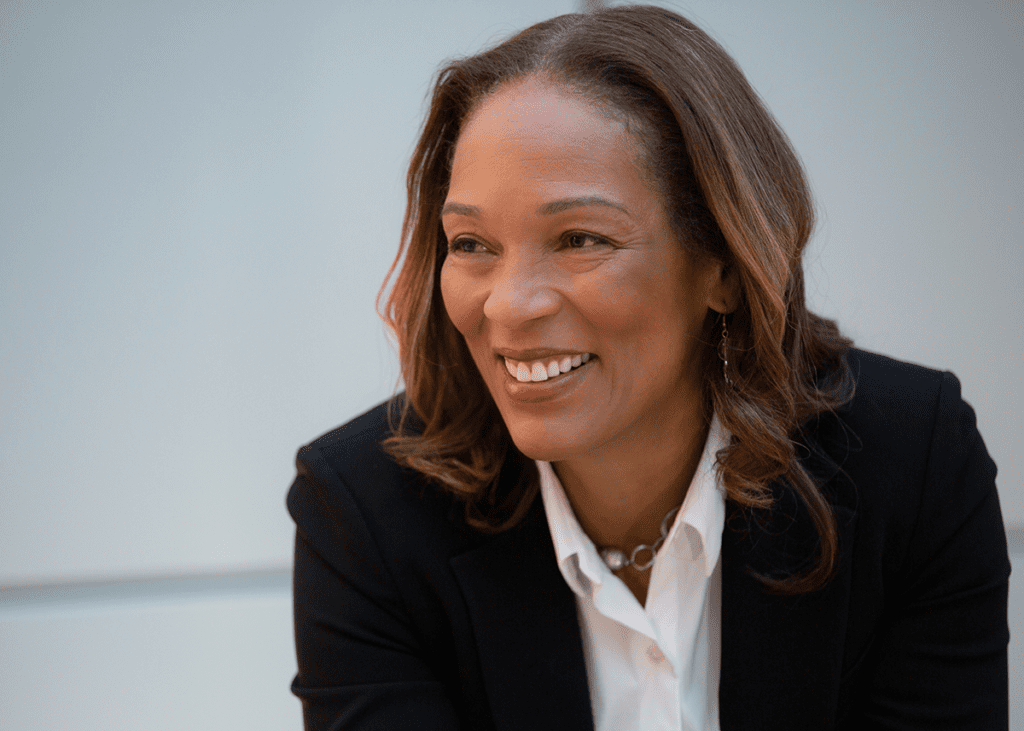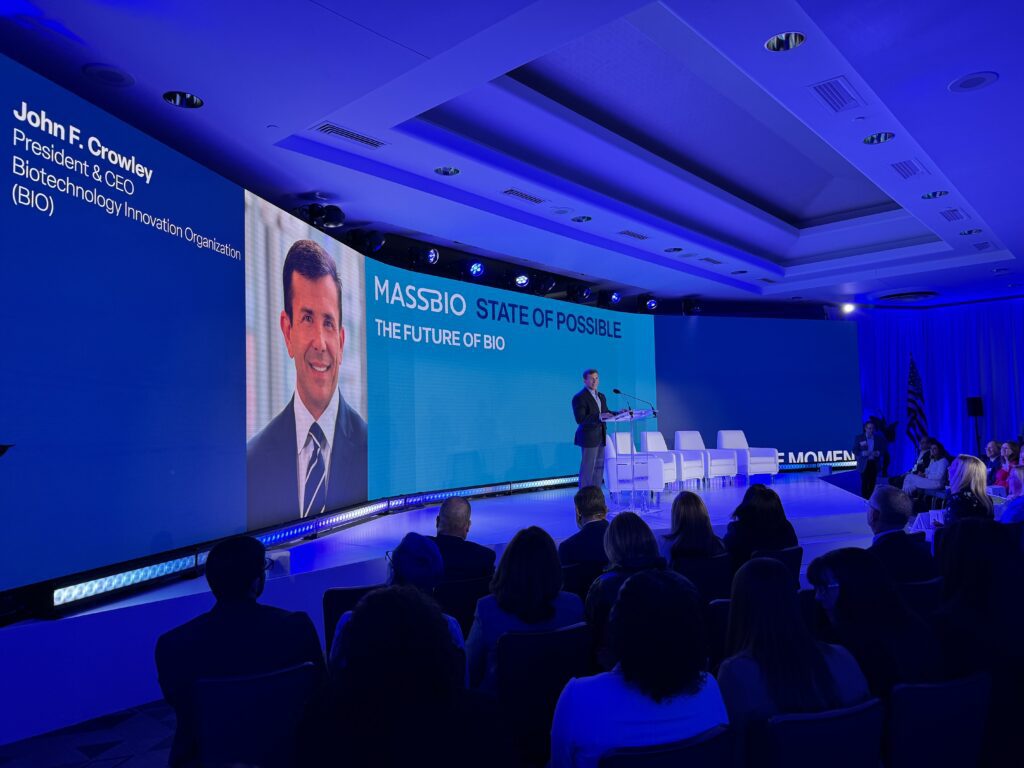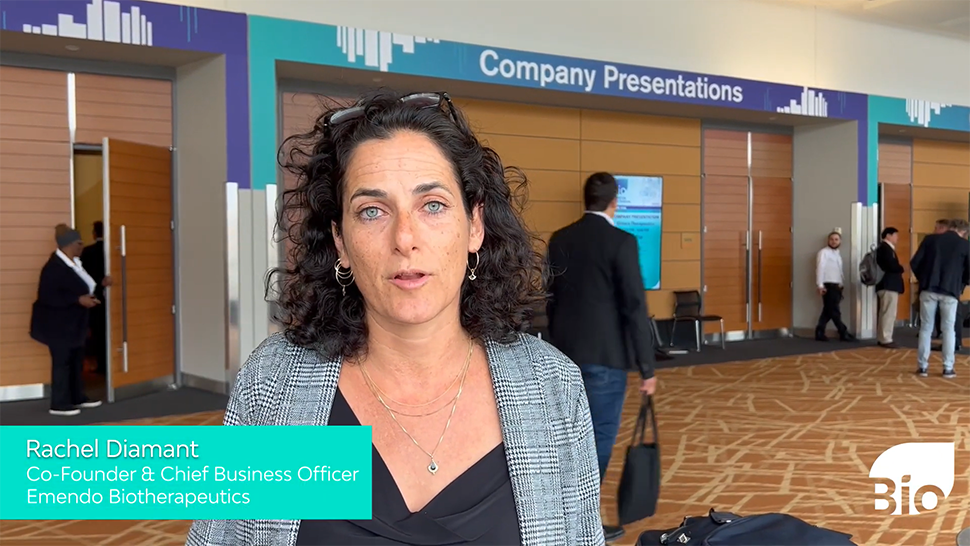Bio.News interviewed Yvonne Greenstreet, who took the reins as CEO of Alnylam in January 2022, making her one of a small number of Black women leading a drug company.
See a video of some of her comments below.
Greenstreet began her career in obstetrics and gynecology in the United Kingdom after receiving her medical degree at the University of Leeds. Her passion for helping patients in the biggest way possible drove her to the INSEAD Business School in France, where she earned a master’s degree in business administration, to realize her goal to “impact more than the hundred or so patients I would see in a year.”
Indeed, Greensteet’s career has seen her drive innovation and R&D in biotech, act as an advocate for patients, as well as shift the industry to be more inclusive and diverse in their thinking and hiring practices.
This conversation has been edited for length and clarity.
BIO: How have your early life and career served you in your work today at Alnylam? What did you learn that you are putting to good use now?
Yvonne Greenstreet: When I started my career in medicine, I was really motivated by what I saw growing up as a child in West Africa and the impact of health issues. That really set me on my life’s journey, which is focused on trying to improve the health care of patients. I think it is key to recognize how important it is to find what your purpose is in your career, because that’s going to be the rocket fuel that is going to propel you over many years.
“Find what your purpose is in your career, because that’s going to be the rocket fuel that is going to propel you over many years.”
I grew up in a very diverse household. My father was from England and my mother from Ghana so I was brought up amongst multiple cultures, multiple languages, multiple countries, and that really taught me the power of diversity in terms of helping to bring people together to come up with the best possible solutions. When I think about my biopharmaceutical career, I think I was motivated pretty early on to do my best to maximize the impact I could have on health care, which gave me the courage to jump into taking on all sorts of different opportunities.
In our business, we don’t do things on our own. You can go faster alone, but you go far together. Therefore, recognizing the importance of teams and recognizing the importance of having a network of mentors that provide you with useful perspectives and help shape your path forward is incredibly important.
BIO: Diversity in biotech leadership is still an unfortunate rarity. How can the biotech industry grow as a whole by listening and projecting forward diverse voices?
YG: When you bring people from different backgrounds, different experiences, and different ideas together, it really enriches the dialogue. It allows for more creativity. It really helps to enrich the conversation, and I think therefore we all reach a better outcome. Clearly, diversity is broader than just gender and race. It includes sexual orientation, religion, and even just life experiences.
“When you bring people from different backgrounds, different experiences, and different ideas together, it really enriches the dialogue. It allows for more creativity.”
There’s no doubt that we do not have adequate representation yet at senior levels in the industry, either from a gender perspective, or a race perspective. And when I reflect back on my early career, I didn’t see a lot of people that look like me. Unfortunately, 30 years on, while it’s improved some, we are absolutely not where we need to be. So there is still lots of work to be done in this arena.
BIO: What are your thoughts on health equity and what biotech can do to close the gap?
YG: Quite often we think about innovation with respect to perhaps rare or severe diseases, but actually innovation is a tool that we can use to really close the gaps that we have, from a health equity perspective. Hypertension, for instance, is a disease that disproportionately affects African Americans. If we can come up with a model that allows a vaccine-like strategy for hypertension, I think this could have disproportionate benefits in underserved groups, both in the US and around the world.
I think the recent focus on Diversity, Equity, and Inclusion is a very positive step. It’s a very important conversation. Now, we need to actually deliver on these talking points and set ourselves some tangible goals to move the needle in this regard and hold ourselves accountable for achieving those goals.
Over the past year, we asked people that worked for Alnylam to self-disclose their race, because we need to understand what metrics we are going to be able to put in place and deliver on those goals. Not surprisingly, we identified that we have some gaps, specifically with the Black and Latinx population. So, we’ve taken a multi-pronged approach to address these issues, including setting a goal of hiring 20% of new employees from these populations. I was absolutely delighted when we achieved that goal last year. We’ve challenged ourselves again, to meet the same goal in 2022.
“I think another really important area with respect to diversity is diversity as it relates to clinical trials.”
I think another really important area with respect to diversity is diversity as it relates to clinical trials. It’s incredibly important to have representation of different populations in our clinical trials if we’re going to be able to develop medicines that address the needs of the whole population. So, it’s another area where we set ourselves some challenges. We have a team that’s focused on this. And we have set ourselves diversity goals for each of our studies going forward.




